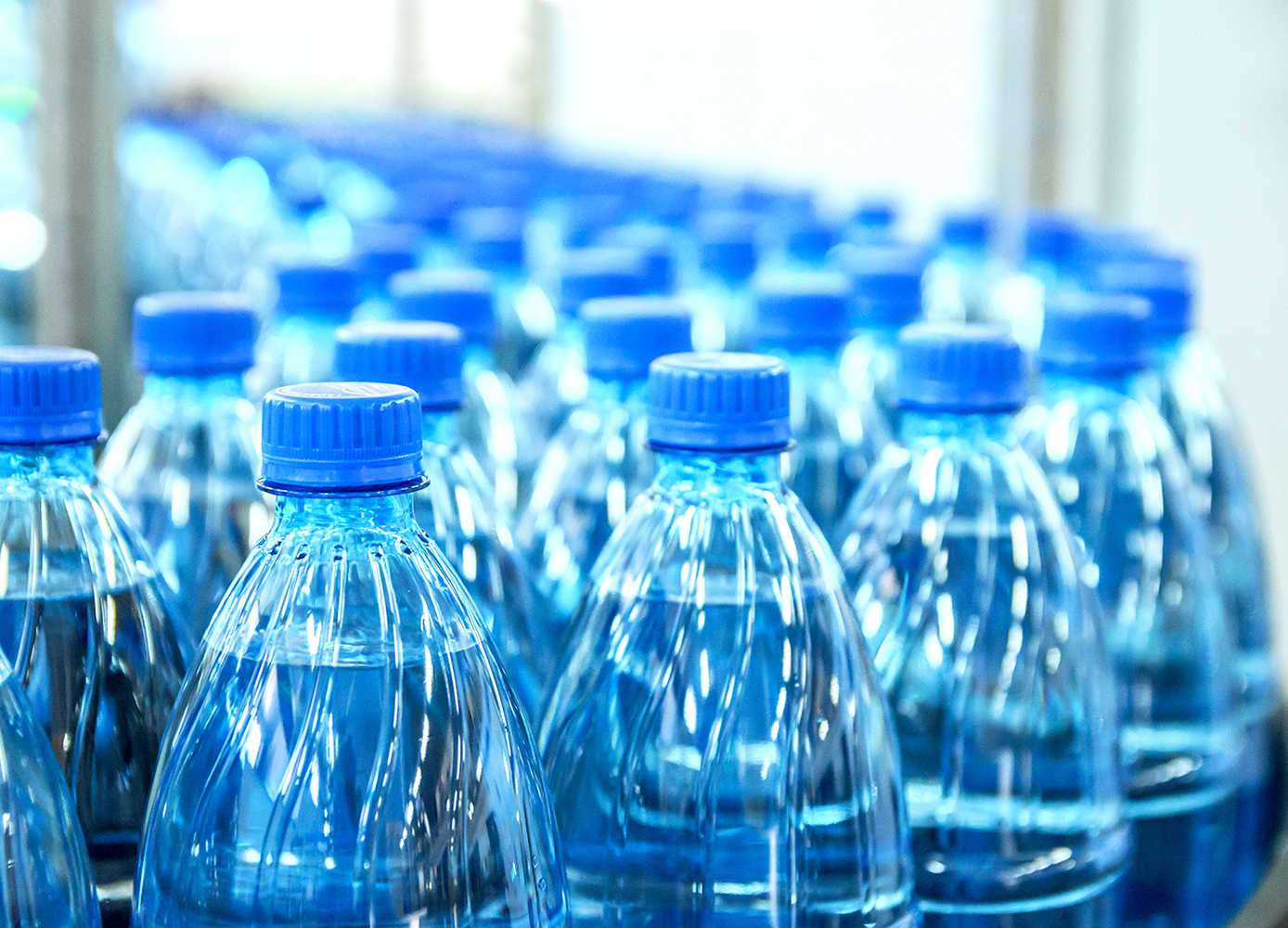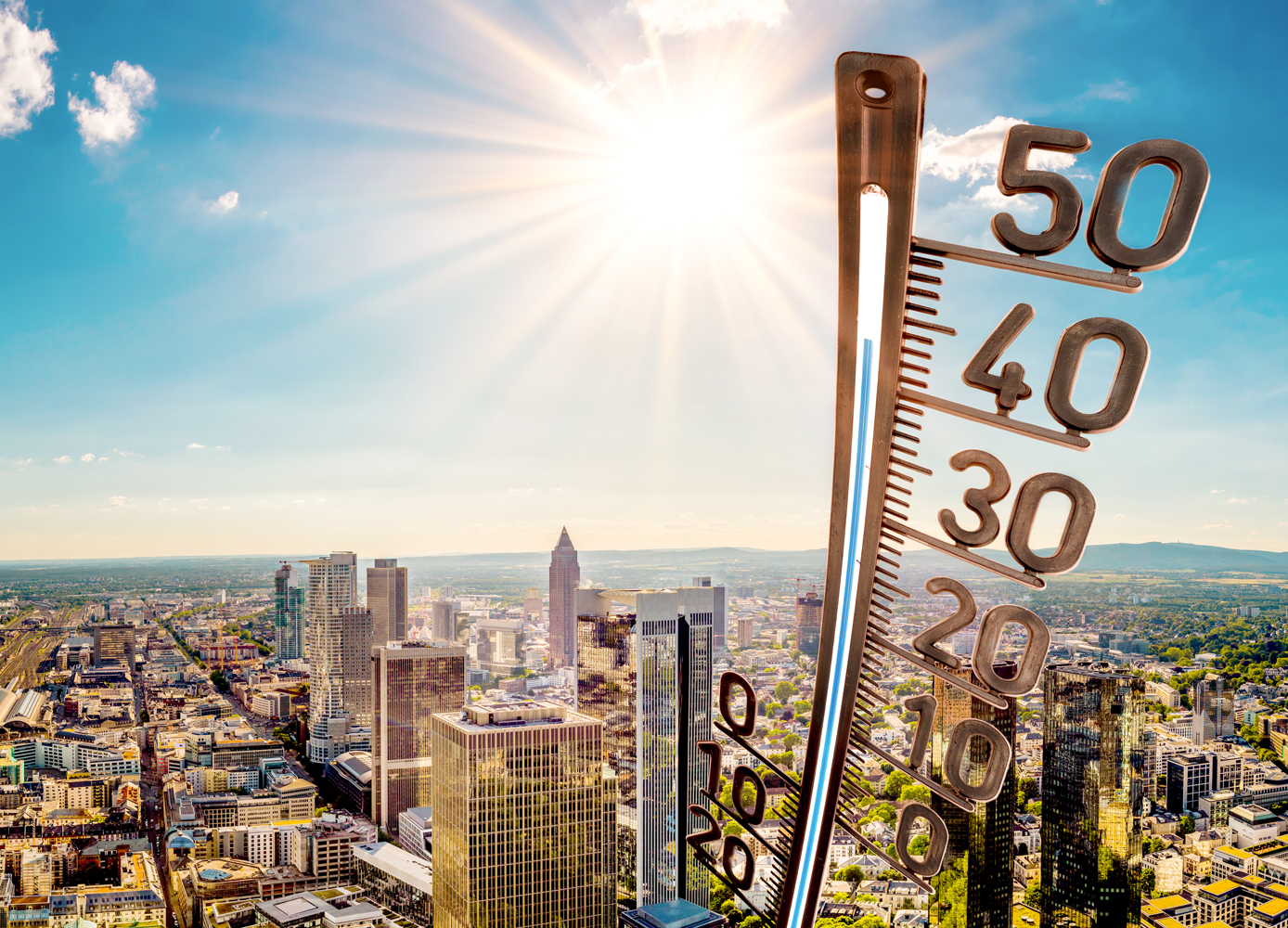Plastic isn’t popular, and food and drink producers are beginning to take notice
By Jennifer Hughes
Photo: iStock/yanik88.
As people grow increasingly concerned about the effect on our environment of disposable, non-recyclable products and containers, more and more companies are beginning to think about changing the way they do things.
In a recently released poll of people in 28 countries, 81% of respondents cited disposable, non-recyclable products as a serious environmental problem. The international market research firm Ipsos surveyed almost 20,000 people. One in five (23%) believe that it’s the responsibility of the company producing a product to eliminate unnecessary disposable packaging, and just over half (51%) indicated that they were willing to buy products made from recycled materials, an increase from 47% last year.
And some companies are paying attention to their customers’ concerns. Some of the biggest beverage makers are turning to more environmentally friendly containers. Coca-Cola and PepsiCo, the largest manufacturers of bottled water, have already announced that they will begin using aluminum cans instead of plastic bottles for Aquafina and Dasani, respectively.
“This is happening more and more in the food industry,” Sylvain Charlebois, senior director of Agri-Food Analytics Lab at Dalhousie University, commented. “The minute you sell the product, if that package has a certain brand, the company is held responsible for whatever happens to that package at the end of the day.”
According to a spokesperson for Coca-Cola, aluminum cans will cost the company about the same as plastic bottles.






